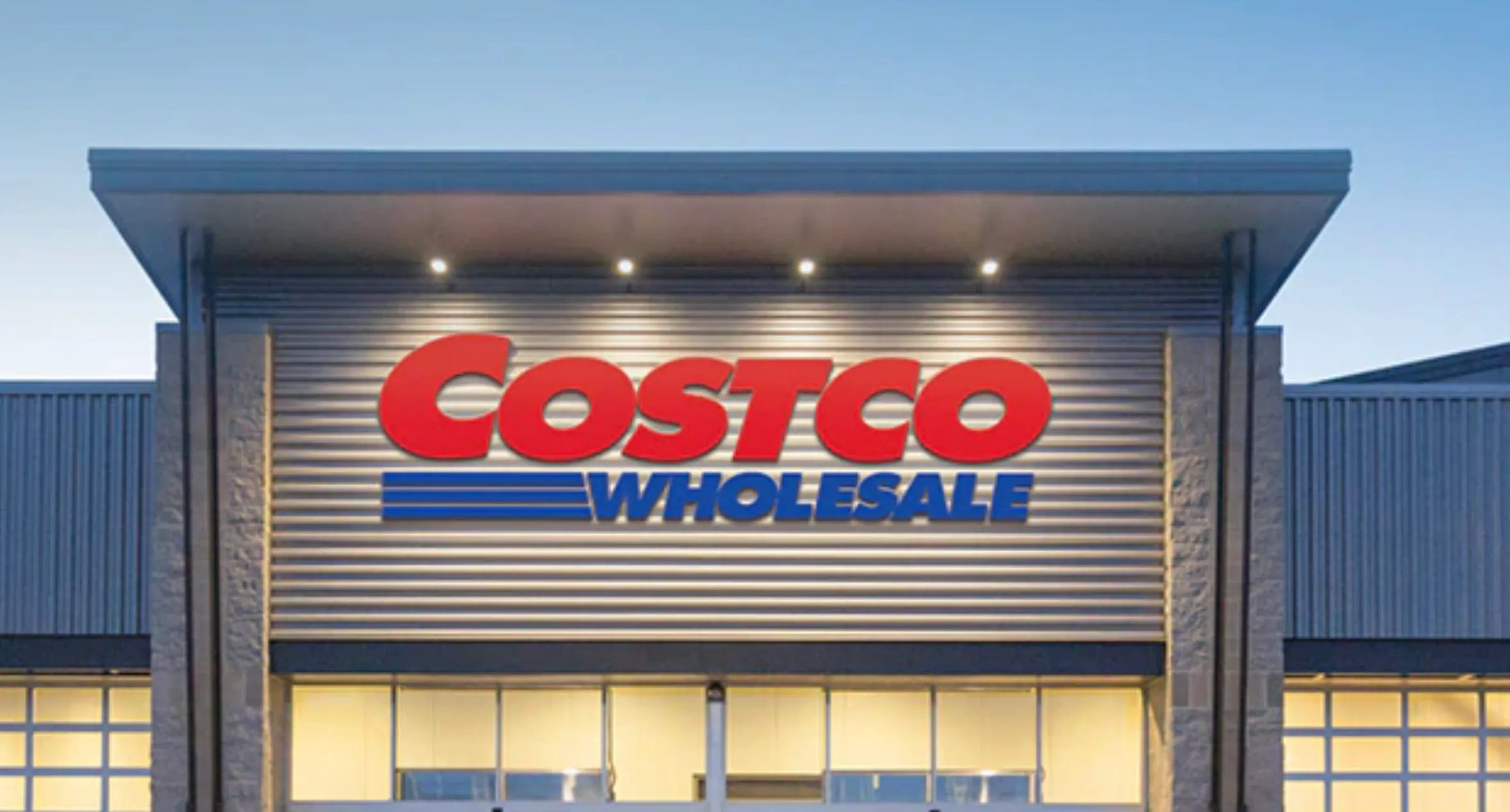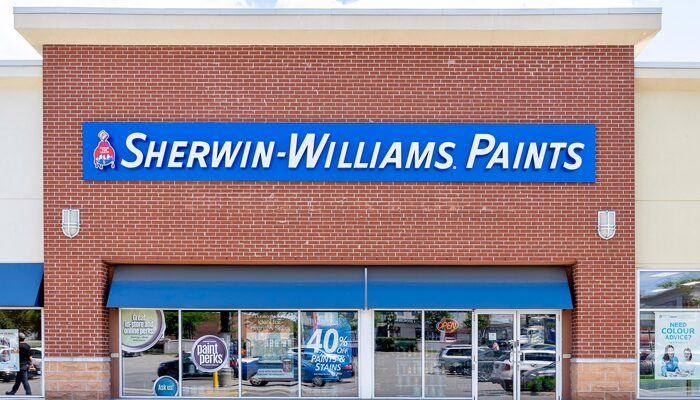Costco Wholesale Corporation is a multinational corporation that operates a chain of membership-only big-box retail stores (warehouse clubs). As of 2022, Costco is the fifth largest retailer in the world and is the world’s largest retailer of choice and prime beef, organic foods, rotisserie chicken, and wine as of 2016. Costco is ranked #11 on the Fortune 500 rankings of the largest United States corporations by total revenue.
Costco was founded in 1983 by James Sinegal and Jeffrey Brotman, who had previously worked together at FedMart. The company’s first warehouse was opened in Seattle, Washington. Costco quickly grew to become one of the leading warehouse club chains in the United States. In 1993, Costco merged with Price Club, another major warehouse club chain. The merger created the largest warehouse club chain in the world.
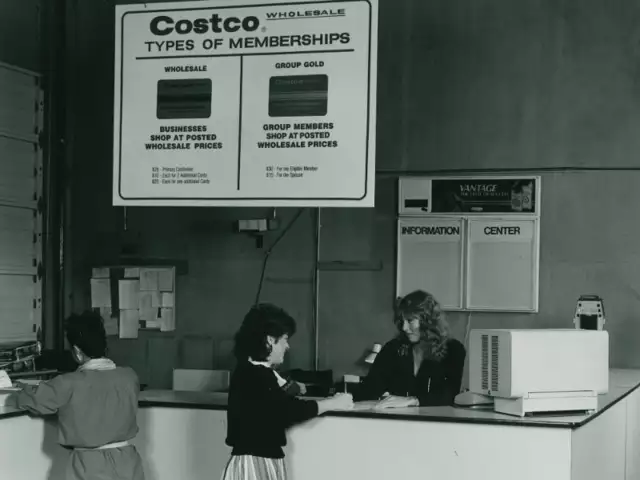
Costco’s success is due to a number of factors, including its low prices, high quality products, and excellent customer service. Costco is able to offer lower prices than its competitors by buying in bulk and passing the savings on to its members. The company also has a strict policy of quality control, ensuring that its products meet high standards. Costco’s customer service is also known for being excellent. Employees are friendly and helpful, and they are always willing to go the extra mile for customers.
Costco’s marketing strategy is focused on building brand loyalty and attracting new members. The company does this by offering a wide variety of high-quality products at low prices. Costco also has a strong focus on customer service, ensuring that its members have a positive shopping experience. The company’s marketing efforts are also focused on building awareness of its brand and its membership benefits.
In addition to its brick-and-mortar stores, Costco also has a strong online presence. The company’s website allows members to shop for a variety of products, including groceries, electronics, and home goods. Costco also offers a variety of services online, such as bill pay and travel booking.
Costco is a leading retailer in the world, and its success is due to its unique business model, its focus on customer service, and its strong marketing strategy. The company is well-positioned to continue its growth in the years to come.
In this article, we delve into the captivating world of Costco Wholesale, exploring the intricate threads that weave together its strategies, marketing mix, and innovative practices. By uncovering the brand’s journey from its inception to its current global prominence, we aim to shed light on the factors that have contributed to Costco’s enduring popularity and the lessons it offers to businesses striving for excellence in the competitive retail landscape.
Marketing Strategies of Costco Wholesale
Costco Wholesale stands as a shining example of how a distinct and customer-focused marketing strategy can not only drive sales but also shape the entire retail landscape. From its unique approach to customer engagement to its membership-based model, Costco’s marketing strategies are a masterclass in creating value, fostering loyalty, and redefining the retail experience.
Building Brand Identity through Private Label Brands
One of Costco’s key marketing strategies involves developing and promoting its extensive line of private label products. These items include everything from food and household goods to clothing and electronics.
By offering high-quality merchandise at low prices, Costco creates value for members who seek affordability without sacrificing quality.
Furthermore, Costco’s Kirkland Signature brand represents a guarantee of exceptional standards, which helps foster customer trust and confidence in purchasing decisions. With each Kirkland product sold, Costco reinforces its reputation as a provider of premium goods at budget-friendly costs.
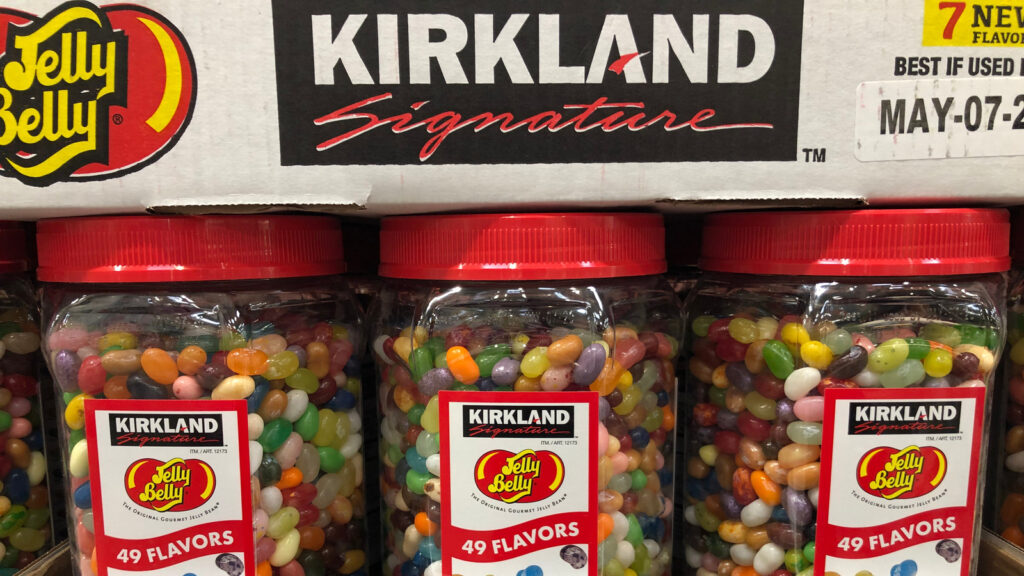
Leveraging Technology for Enhanced Member Engagement
In recent years, Costco has invested heavily in technology to enhance member experiences across all channels.
For instance, the company launched an online grocery delivery service called CostcoGrocery, allowing busy shoppers to order items for curbside pickup or home delivery.
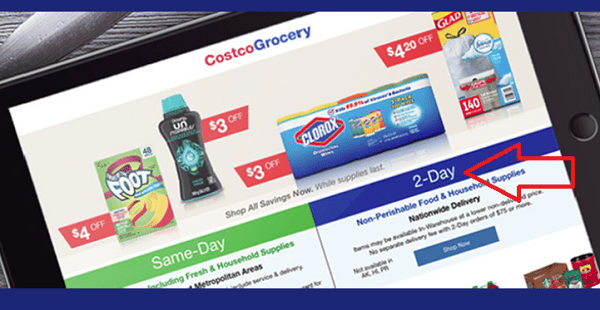
Additionally, Costco upgraded its website interface to improve navigation and simplify checkout processes. Moreover, Costco introduced mobile apps for both Android and iOS devices, providing users with access to exclusive deals, store maps, and other features designed to streamline shopping trips.
By embracing digital advancements, Costco stays ahead of competitors while catering to evolving consumer preferences.
Fostering Customer Loyalty via Memberships
At the heart of Costco’s marketing strategy lies its signature membership program. By requiring customers to pay annual fees for access to discounted prices, Costco generates a significant portion of its revenue from membership charges rather than solely product sales.
However, this system benefits both parties since members receive substantial savings on bulk purchases and everyday essentials.
To retain members year after year, Costco offers perks like free rotisserie chicken samples, complimentary health screenings, and photo printing services during peak holiday seasons. Such gestures not only attract repeat visits but also encourage word-of-mouth referrals among family and friends.
Ultimately, Costco’s membership model cultivates long-term relationships with patrons who appreciate the convenience and worthiness of shopping at Costco.
Mastering Supply Chain Management for Competitive Advantages:
Costco excels in managing its supply chain effectively, which gives it an edge over competitors. By collaborating closely with suppliers and manufacturers, Costco ensures consistent product availability and minimizes stockouts that could negatively impact sales.
At the same time, Costco leverages its massive scale to negotiate favorable terms with vendors, thereby securing lower costs for goods and boosting profit margins. This win-win scenario enables Costco to offer rock-bottom prices without compromising quality or selection.
As a result, Costco maintains a strong edge against rival retailers who struggle to match its combination of price, variety, and satisfaction guarantees.
Targeted Advertising Campaigns:
Costco employs targeted advertising campaigns to reach specific demographics and maximize returns on marketing spend.
For instance, Costco partners with American Express to issue co-branded credit cards that provide additional benefits to cardholders. Additionally, Costco runs promotional events such as “Member Appreciation Days” where members can enjoy extra discounts and special deals.
These initiatives help keep existing members engaged and attract new ones by highlighting Costco’s commitment to offering exceptional values and experiences.
In conclusion, Costco’s marketing strategies are designed to create a positive image of the company while providing unbeatable value to its members. By focusing on areas such as private label development, technology integration, membership programs, supply chain optimization, and targeted advertising campaigns, Costco has established itself as a leader in the retail industry. With these effective marketing tactics, Costco continues to grow and succeed in today’s highly competitive marketplace.
Success Factors : What makes Costco Wholesale so successful?
Costco Wholesale’s extraordinary success is a testament to its unique blend of innovative business practices, customer-centric strategies, and unwavering commitment to value. Examining the factors that underpin Costco’s triumph provides valuable insights into how the company has managed to not only weather the challenges of the retail industry but thrive in an ever-evolving marketplace.
Customer-Centric Approach: Costco’s success is rooted in its unwavering dedication to customers. The company’s commitment to high-quality products at competitive prices not only provides value but also fosters trust among consumers. The treasure-hunt experience, characterized by limited-time deals and a rotating selection of products, creates a sense of excitement and urgency, compelling customers to explore the store frequently in search of new finds. This approach ensures that the shopping experience remains engaging and dynamic, encouraging repeat visits.
Membership Model: At the heart of Costco’s success lies its membership model, which generates the majority of its profits. By requiring members to pay annual fees for access to exclusive deals and low prices, Costco creates a loyal customer base willing to purchase items in bulk to save money over time. This model not only fosters repeat purchases but also encourages customers to upgrade their memberships for added benefits and savings.
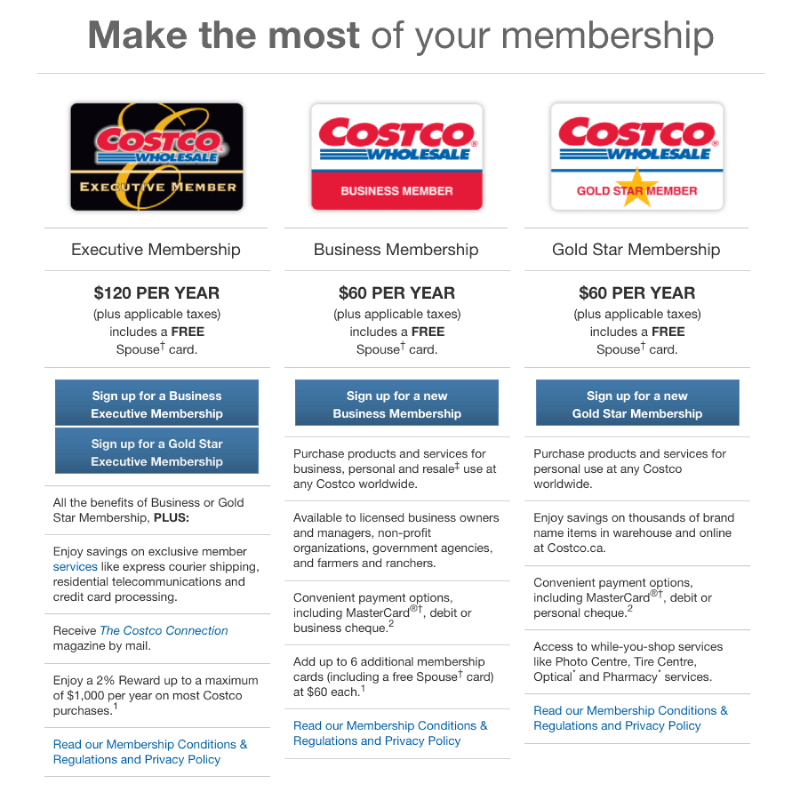
Limited Product Offerings: Unlike traditional retailers who carry thousands of SKUs, Costco deliberately carries a more limited selection of goods. This strategy enables the company to negotiate lower prices from suppliers since they know large volumes will be purchased. Additionally, this approach reduces complexity in inventory management and logistics operations, resulting in increased efficiency and profit margins.
Optimized Supply Chain: Costco’s optimized supply chain starts with sourcing goods directly from manufacturers rather than going through distributors or wholesalers. This direct relationship often results in lower procurement costs and improved control over product quality standards. Once received, merchandise is stored in massive warehouses before being transported to stores or delivered directly to customers via online orders.
Strong Brand Equity: Over the years, Costco has built a strong brand equity among consumers as a trustworthy source of high-quality products at unbeatable prices. Its Kirkland Signature private label line has become synonymous with quality and value, attracting customers who appreciate the convenience of finding everything they need under one roof.
Technology Integration: Costco leverages technology to enhance various aspects of its operations, including inventory tracking, supply chain optimization, and member interactions. From mobile app features such as digital coupons and shopping lists to. Additional features include real-time notifications about price drops on previously purchased items, making it easier for members to take advantage of cost savings opportunities. The app also offers personalized recommendations based on past purchases and browsing history, driving sales conversions and enhancing the overall shopping experience.
Aggressive Expansion Strategy: Costco continues to grow its physical store presence domestically while simultaneously exploring international markets. Recent expansion into Canada, Mexico, Australia, Japan, South Korea, and Spain has helped solidify the company’s position as a global player in the retail industry. As the economy fluctuates, Costco remains resilient due to its diverse revenue streams generated from memberships, gasoline, travel, and other ancillary services.
Customer Loyalty: Lastly, Costco’s focus on providing exceptional customer service has cultivated a dedicated following of shoppers who return frequently due to positive experiences. The company consistently ranks highly in consumer satisfaction surveys, reflecting its commitment to meeting and exceeding expectations through competitive pricing, wide assortments, and convenient locations.
Adaptability and Data-Driven Decisions: Costco’s agility and responsiveness to changing market trends are vital to its continued success. The company relies on data-driven insights to make informed decisions about product offerings and inventory management. By analyzing customer preferences and purchasing patterns, Costco ensures that its product assortment aligns with current demands, enhancing customer satisfaction and driving sales. This adaptive approach allows the company to remain relevant and competitive in a rapidly evolving retail landscape.
In conclusion, Costco’s remarkable success is built upon its customer-centric philosophy, membership-based model, commitment to quality and value, operational efficiency, dedicated workforce, word-of-mouth marketing, and adaptive decision-making. These interconnected factors have not only propelled Costco to the forefront of the retail industry but have also set a benchmark for businesses seeking sustainable and customer-focused success.
Also Read: Business Model of Costco – How Costco Make Money
To read more content like this, subscribe to our newsletter
